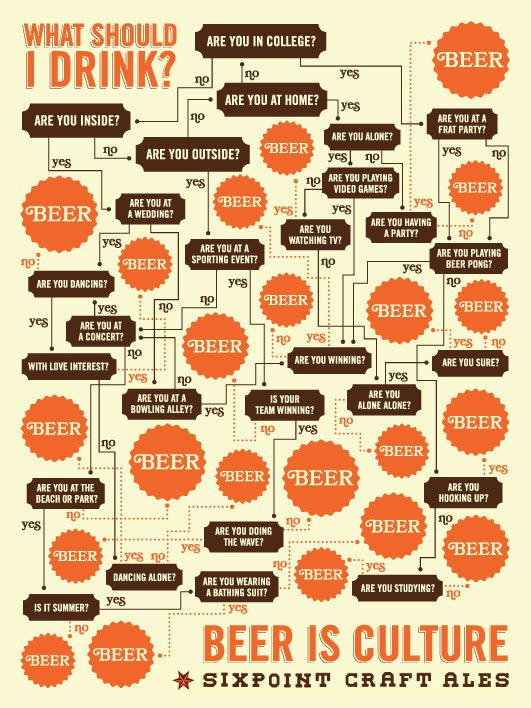There are three certainties in this life. Death. Taxes. And horrible Christian art. And for some reason, thanks to evangelical superheroes like Stephen Baldwin and Kirk Cameron, Christian crossover movies are going to keep happening. So strap yourselves in for the ride…
Salon ponders just why they’re so bad. In response to the release of a Christian movie you may not have heard of called “Soul Surfer”…
“But do Christian-themed movies really have to be so bad? I won’t even pretend that “Soul Surfer” is the worst film I’ll see this month, since it lacks the overarching, high-concept horribleness of something like “Your Highness.” But it’s a trite, sentimental puddle of sub-Hollywood mush, with mediocre photography, weak special effects and an utterly formulaic script that somehow required seven (!) credited writers. Believe me, I have learned, over and over again, that ordinary moviegoers, a lot of the time, want to see a story that’s positive, predictable and not all that challenging, but even measured on that yardstick this one is pretty awful.”
He makes an interesting assumption about the motives behind the Christian movie industry, essentially that they’re preaching to the choir – trying to reflect Christian values to a Christian audience. Which is doubtless part of the problem.
If evangelical Christians want to see their life and faith and values reflected on-screen, I guess that’s understandable. But movies are not mirrors, and the mass audiences that went to see “The King’s Speech” or “Black Swan” or “The Social Network” didn’t necessarily identify with the characters or their lifestyles.
But that’s not really it. I don’t think. I don’t think Christian movies are preaching to the choir, I think they’re trying to preach to the outsider as well. Which is great – especially if you’re a quality, C.S Lewis style, engager with culture. But typical Christian movies are using the tools of a culture they despise to present a message and a world view. And they do it with no subtlety. Just with a blunt instrument and lots of force. There’s none of the subtlety or nuance that makes cinema compelling.
A letter writer to Salon agrees.
Christian films suck because by and large, the evangelical audience doesn’t want challenging, complex characters or art. They want the same pabulum spoon-fed to them over and over: God has a plan, accept Jesus and be saved, secularists bad, blah blah blah. There’s no shading or nuance or dark ambiguity in Christian cinema; just God and Satan duking it out. That’s why the films are as thudding, leaden and dull as those tracts the Jehovah’s Witnesses try to shove in your face every weekend while you’re trying to watch what you Tivo’d Friday night.
TV Tropes has an article dedicated to the “moral” response to new art forms. Readers of my series of posts on Backwards Masking Unmasked will recognise the work of the “Moral Guardians” and the eventual development of the Contemporary Christian Music industry.
“Sometimes even Moral Guardians have to accept that The New Rock And Roll isn’t going away. They can’t stop people from watching/reading/playing/listening to it, and even if they succeed in instituting a Censorship Bureau, it’s still not up to their standards.
Well, if you can’t beat ’em, join ’em. If those works aren’t up to their standards, they will make works that are. And they can even throw in a message about their beliefs and views in these works. Thus they make The Moral Substitute.
Most of the time, this runs into the same problem as a Clueless Aesop. The creators put so much emphasis on the moral message that they forget what actually made the movie, book, music, or game good. Things like quality writing, acting, plot, directing, production values, design, gameplay, and quality control are, at best, a distant second. Expect in most cases (both in fictional depictions and, often, in Truth in Television) the resulting product to be a bland imitation infused with an overwhelming sense of smug, Holier Than Thou self-righteousness and / or a moralistic determination to Anviliciously beat you over the head with whatever message they’re trying to get you to conform to.”
Findo posted this quote from a HuffPo interview with Christian musician Derek Webb that explains much of what is wrong with contemporary Christian art.
“the job of any artist is to look at the world and tell you what they see. Every artist, whether they acknowledge it or know it, has a grid through which they view the world and make sense of what they see. Even if it’s a grid of unbelief — that you don’t think there is anything orchestrating the world and that everything is completely random — that is a grid through which you make sense of the world.
A lot of “Christian art” is about the lens they’re looking through, rather than the world they see through it. I’m not going to criticize anybody for doing that, but I would rather look at the world through the grid of following Jesus and tell you what I see. But that doesn’t presume that all the art I’m going to make will be about following Jesus.”
This is why Christian art that is designed as either a cultural apologetic for the Christian life, or a sales pitch, is bad, well, one of the reasons. We’re not just making art that responds to the world as we see it – like Bach did – we’re making art that reflects how we want other people to see the world. Without subtlety, nuance, or appeal. It’s bad art. And it’s a bad sales pitch. And I hate it.
That is all.












